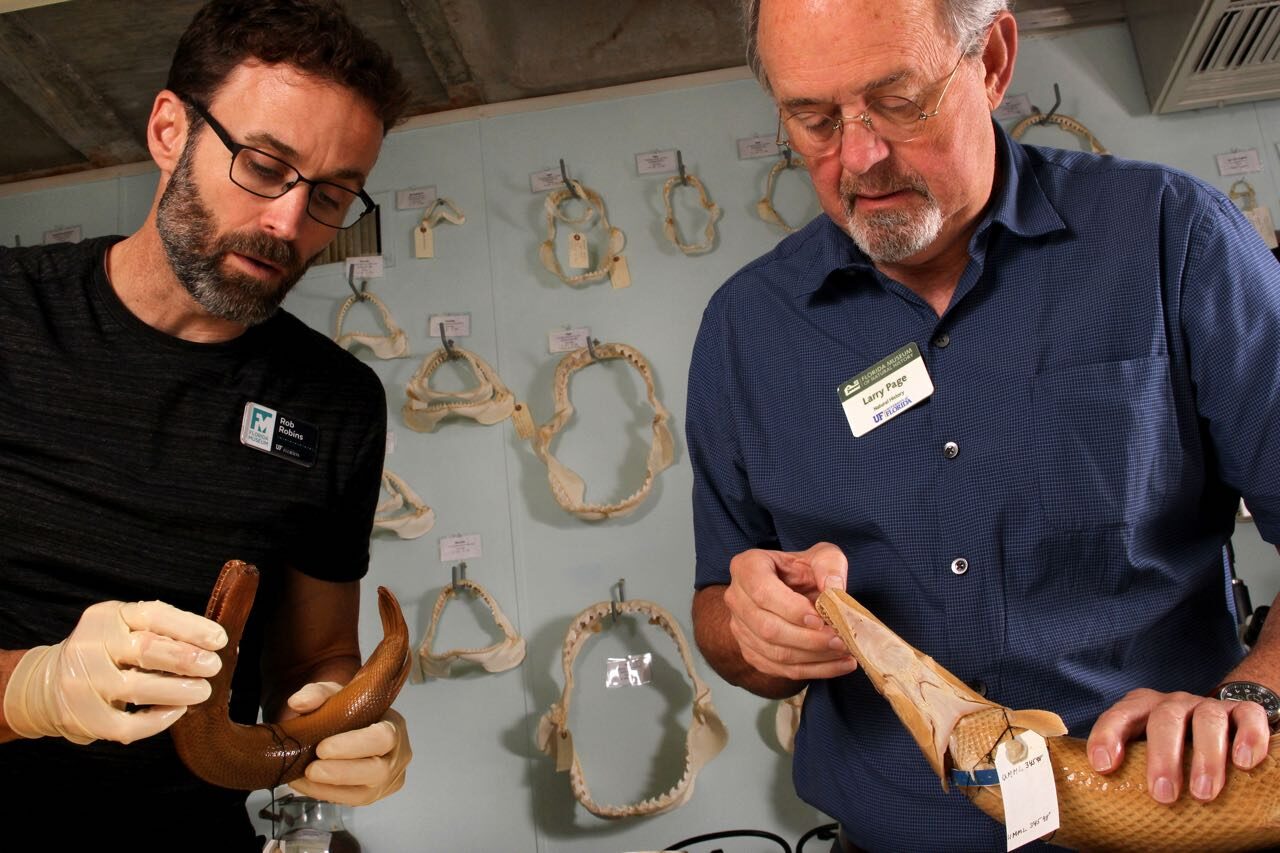After weeks of negotiations, the United Nations 11th meeting of the conference of parties (COP 11) to the Convention on Biological Diversity agreed to increase funding to halt global loss of biodiversity. This pledge will help nations to meet internationally agreed upon biodiversity targets set by the Strategic Plan for Biodiversity 2011-2020 that was developed at COP 10 in Aichi, Japan.
On 20 October 2012, developed countries agreed to double resources for biodiversity protection. Developing states will now receive $10 billion a year by 2015. Conservation groups, however, claim that aid falls at least an order of magnitude short of what is required to reach the Aichi Biodiversity Targets by 2020.
For the first time, developing nations, including India and several African states, pledged to boost their own biodiversity spending. Manmohan Singh, India’s prime minister, committed over $50 million. “Mobilizing the necessary financial resources from the public and private sector needed to ensure achievement of the 2020 targets remains a challenge… [but] developing economies have signaled their determination and sense of urgency to seize the opportunities by providing much needed additional support,” said Achim Steiner, UN Under-Secretary-General and Environmental Programme Executive Director.
Marine areas received special attention as part of renewed efforts to sustainably manage the world’s oceans, particularly areas beyond national jurisdictions that presently receive little protection. The 193 parties to the Convention on Biological Diversity agreed to classify ecologically and biologically significant areas, and to transmit information on these sites to the UN General Assembly (UNGA). “While the agreed wording of the decision text is not as strong as some were pushing for… the pressure is now on the UNGA to develop a legal mechanism for defining the management and or protection of those sites in the high seas,” said Ben Lascelles, Marine IBA Officer with BirdLife.
COP 11 called for enhanced collaboration between the Convention on Biological Diversity and UN climate change initiatives such as reducing emissions from deforestation and forest degradation, and for the establishment of a global collaborative partnership on sustainable wildlife management.
COP 11 also welcomed the recently established Intergovernmental Science-Policy Platform on Biodiversity and Ecosystem Services (IPBES), and requested IPBES contribute to assessments of whether the Aichi Biodiversity Targets were being met. IPBES aims to address accelerating losses to biodiversity and ecosystem services by bridging the gap between basic science and policymakers.

